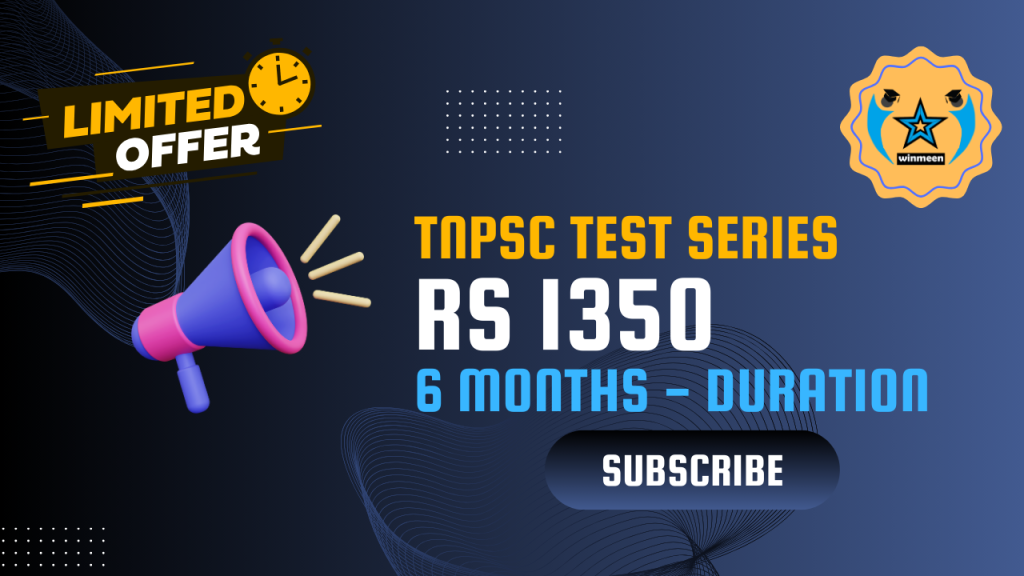The Role of Meditation in NMMS Exam Preparation
The Role of Meditation in NMMS Exam Preparation
Meditation is a powerful technique that has been used for centuries to help individuals achieve mental clarity, focus, and inner peace. It involves training the mind to remain present and aware, while letting go of distracting thoughts and emotions. While most people associate meditation with spiritual practices, it is also an effective tool for academic success, particularly for students preparing for the National Means-cum-Merit Scholarship (NMMS) Exam.
The NMMS exam is a highly competitive scholarship exam that tests the academic aptitude of students in various subjects, including mathematics, science, and social studies. The exam is designed to identify talented students and provide them with financial assistance to continue their education. However, preparing for the NMMS exam can be stressful, as students must cover a vast syllabus and perform well under pressure.
This is where meditation can play a crucial role in helping students prepare for the NMMS exam. Here are some of the ways in which meditation can aid in NMMS exam preparation:
- Increases focus and concentration: Meditation is an excellent tool for improving focus and concentration. During meditation, students learn to focus their attention on their breath or a specific object, while letting go of distracting thoughts. This skill can be applied to studying, helping students remain focused and attentive while studying for long hours.
- Reduces stress and anxiety: Preparing for an exam can be a stressful experience, but meditation can help reduce stress and anxiety levels. Studies have shown that regular meditation practice can decrease cortisol, a hormone associated with stress, and increase feelings of calmness and relaxation.
- Enhances memory retention: Meditation has been shown to improve memory retention by increasing blood flow to the hippocampus, the part of the brain responsible for memory. Students who meditate regularly may find it easier to retain information and recall it during the exam.
- Improves overall well-being: Meditation has numerous benefits for overall well-being, including improved sleep quality, reduced symptoms of depression and anxiety, and increased feelings of happiness and contentment. Students who practice meditation regularly may find themselves better equipped to handle the stress and pressure of exam preparation.
- Boosts confidence and self-esteem: Meditation can also help boost confidence and self-esteem, which can be beneficial during the exam. By cultivating a sense of inner peace and calm, students can approach the exam with greater confidence, knowing that they have done everything in their power to prepare.
- Improves time management: Time management is a crucial skill for success in any exam, and meditation can help students develop this skill. During meditation, students learn to prioritize their thoughts and focus on the most important tasks at hand. This skill can be applied to exam preparation, helping students manage their time effectively and efficiently.
- Increases creativity: Meditation can also boost creativity by allowing students to tap into their inner creativity and imagination. By reducing stress and anxiety, students may be able to approach exam preparation with a more open and creative mind, which can lead to innovative problem-solving and unique solutions.
- Enhances problem-solving skills: Meditation can improve problem-solving skills by helping students think more clearly and logically. During meditation, students learn to detach from distracting thoughts and emotions, allowing them to approach problems with a clear and focused mind. This skill can be applied to exam preparation, where students may encounter complex problems that require careful analysis and critical thinking.
- Promotes better decision-making: Meditation can also promote better decision-making by helping students become more mindful and aware of their thoughts and emotions. By cultivating a sense of inner awareness and reflection, students may be able to make more informed and thoughtful decisions during the exam.
- Improves overall academic performance: Finally, meditation can improve overall academic performance by enhancing cognitive function and reducing stress levels. Students who practice meditation regularly may find themselves better able to focus, concentrate, and retain information, leading to better grades and academic success.
In conclusion, meditation can be a valuable tool for students preparing for the NMMS exam. By improving focus and concentration, reducing stress and anxiety, enhancing memory retention, improving overall well-being, and boosting confidence and self-esteem, meditation can help students achieve academic success while maintaining a healthy balance of mind and body. With regular practice, meditation can become a powerful habit that can benefit students throughout their academic journey and beyond.
